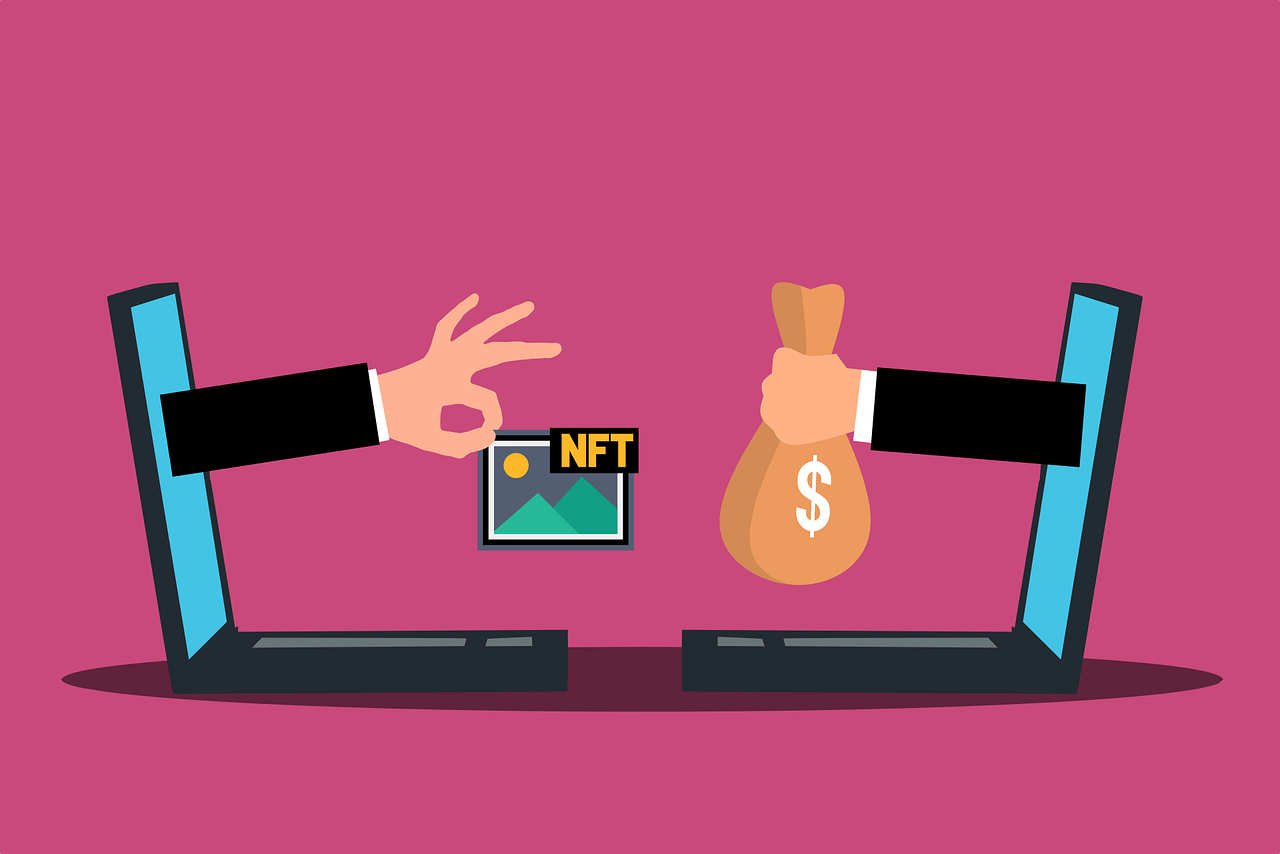
What is NFT Renting
NFT renting is the process of temporarily transferring the use rights of a non-fungible token (NFT) from its owner to another user in exchange for a fee.
This concept allows NFT holders to monetize their digital assets without selling them outright, while allowing renters to access and use these digital items for a set period of time.
NFT renting can apply to a wide range of digital assets, including virtual real estate, in-game items, digital art, and even access to exclusive communities or content.
How Does NFT Renting Work?
NFT renting typically involves a smart contract that facilitates the rental agreement between the lender (owner) and the renter.
The smart contract ensures that the terms of the rental, such as the duration and the rental fee, are executed automatically and securely.
Once the rental period expires, the NFT reverts back to the original owner.
There are generally two types of NFT rentals:
- Collateralized Renting: The renter provides collateral, which is held in escrow during the rental period to protect the owner’s asset. This method minimizes the risk for the owner in case the renter does not comply with the terms.
- Non-Collateralized Renting: In this type, the NFT is wrapped in a smart contract that temporarily transfers the usage rights without requiring collateral. This method is more accessible for renters and can be used for scenarios where trust is established, such as renting in-game items.
Key Features of NFT Renting
Flexible Ownership: NFT renting allows owners to generate income from their assets while retaining long-term ownership.
Smart Contracts for Security: Smart contracts automate the entire rental process, ensuring secure transactions and adherence to the rental terms.
Access Without Ownership: Renters can gain access to exclusive content or use digital assets without having to purchase them outright, reducing the barrier to entry.
Use Cases for NFT Renting
- Gaming: Players can rent rare in-game items or avatars for a limited time, enhancing their gameplay experience without the cost of full ownership.
- Virtual Real Estate: Owners of virtual land in platforms like Decentraland or The Sandbox can rent out their properties to users looking to host events or create virtual experiences.
- Digital Art: Digital art NFTs can be rented to display in virtual galleries or metaverse events, allowing artists and collectors to monetize their pieces in new ways.
- Exclusive Memberships: NFTs that grant access to exclusive communities or content can be rented, providing users with temporary membership benefits without requiring them to buy the NFT outright.
Benefits of NFT Renting
Income Generation for Owners:
NFT renting provides a way for owners to generate passive income from their digital assets without selling them.
This innovative approach allows NFT holders to retain ownership while simultaneously leveraging their assets to earn revenue, creating a dynamic and flexible financial ecosystem.
As the NFT market continues to evolve, renting offers a promising avenue for maximizing the utility and value of digital collectibles, art, and other tokenized assets.
Lower Entry Barrier for Renters:
Renting makes high-value NFTs more accessible to people who may not be able to afford the full purchase price.
This democratization of access enables a broader audience to engage with and experience exclusive digital assets, fostering a more inclusive and vibrant NFT community.
By lowering the entry barrier, NFT renting encourages creativity and innovation, allowing more individuals to participate in the digital economy and explore new opportunities within the NFT space.
Enhanced Utility:
Renting adds utility to NFTs, making them more versatile.
Owners can earn revenue while renters enjoy the benefits of using the NFTs, such as gaining temporary access to exclusive content, virtual real estate, or in-game assets.
This dual advantage not only enhances the value proposition of NFTs but also stimulates a thriving secondary market where both parties can benefit from the exchange.
As a result, NFT renting fosters a dynamic ecosystem where digital assets are continuously utilized, appreciated, and integrated into various digital experiences.
Efficient Use of Digital Assets:
By enabling temporary transfers, NFT renting ensures that digital assets are being actively used rather than sitting idle in a wallet.
This active utilization breathes life into the NFT marketplace, encouraging continuous engagement and interaction with digital assets across diverse platforms.
Moreover, it allows NFT owners to maximize the potential of their holdings, transforming static investments into dynamic tools that can generate ongoing value and contribute to the growth and vibrancy of the digital economy.
Challenges and Risks
While NFT renting presents many opportunities, there are also challenges that come with it.
Trust and Security are key issues, especially with non-collateralized rentals.
The risk of misuse or loss of access to the asset is a concern for owners.
Additionally, Regulatory Uncertainty in the NFT space could affect the legality of renting practices, depending on jurisdiction.
Market Volatility can also impact rental prices, making it difficult to establish fair and consistent fees for NFTs over time.
Summary
NFT renting is an innovative approach that allows NFT owners to generate income by renting out their assets while retaining ownership.
With the help of smart contracts, NFT renting offers a secure, flexible, and accessible way to make the most out of digital assets.
From gaming to virtual real estate, NFT renting has multiple use cases that highlight its potential to transform how we think about digital ownership and utility.
Despite the challenges around trust, regulation, and market stability, NFT renting is poised to play a significant role in the evolving landscape of digital assets.




